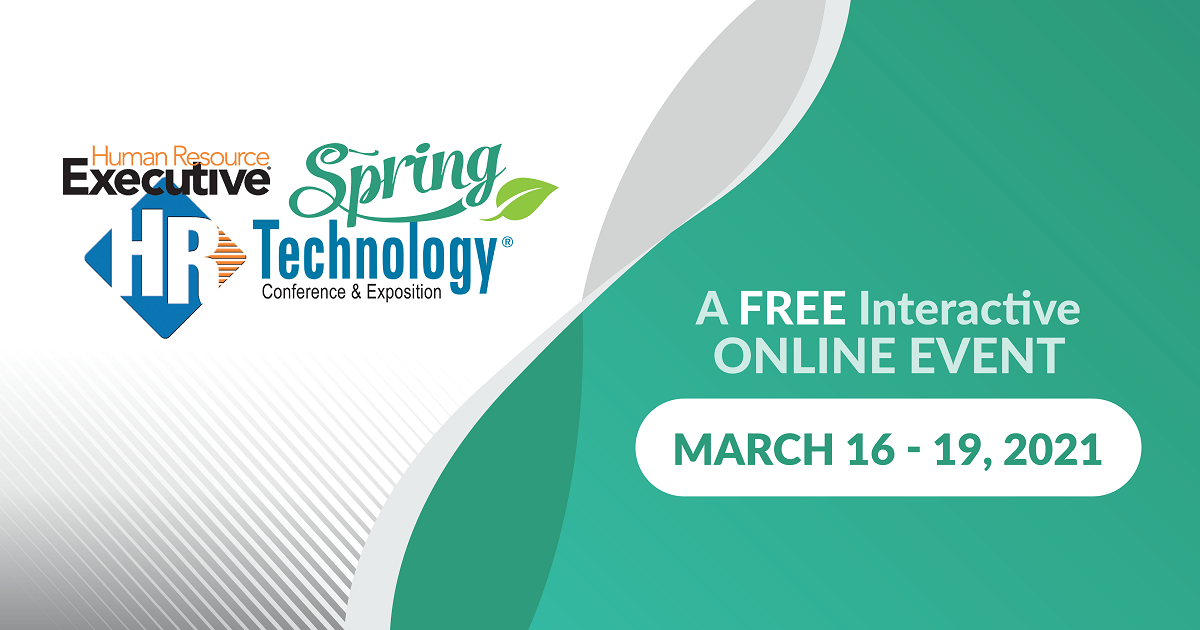What’s keeping HR up at night? In a year defined by a pandemic, social and political unrest and a contentious election, well, a lot.
A whopping 90% of human resources professionals say their stress has increased in the last year–47% of whom say their stress levels have increased “dramatically,” according to Human Resource Executive’s annual survey of HR professionals. About 9% said their stress levels remained about the same, and just 1% said it decreased. About 830 HR leaders were surveyed.
Read more: Spring HR Tech: Learn from those ‘shaping the next generation’ of tech
The event, which is free to attend, will also include sessions from HR thought leaders Josh Bersin and Jason Averbook; Mimi Brooks, CEO of consulting firm Logical Design Solutions; talent acquisition expert Jackye Clayton; and a closing keynote on diversity and inclusion from author and practitioner Torin Ellis.
RELATED: Spring HR Tech is coming soon. Register here.
The biggest stressor for the HR leaders who responded to the survey? Unsurprisingly, that would be the COVID-19 pandemic and its effects on workers. The virus has wreaked havoc on organizations for nearly a year as they try to navigate the unprecedented event that has touched nearly every aspect of work. Organizations and company leaders have dealt with a number of challenges since the onset of the pandemic, including moving the majority of workers remote, ensuring their health and safety and helping to improve employees’ mental health, which has worsened exponentially over the past year.
Of the HR leaders who responded to HRE’s survey, the majority said the two biggest HR challenges facing their organization are improving employee morale and engagement in remote/hybrid/socially distanced workplaces (cited by 25% of participants) and managing the new remote/hybrid/socially distanced workplace (18%). Also high on the list of challenges are retaining key talent (18%); driving culture in the new pandemic work environment (16%); boosting employee wellbeing, including mental health (cited by 15%); and managing the cost and scope of benefits, including healthcare, caregiving and financial wellness (13%).
“Managing health and safety policies has been an ongoing challenge and has felt like chasing a moving target,” wrote one survey respondent. “And the pandemic work culture hasn’t really been addressed but is clearly a problem as employees working onsite and those teleworking have very different perspectives and challenges.”
Furthermore, a quarter of respondents said their biggest focus of 2020 was virus management, including employee health, safety, ethics and contact tracing (cited by 25% as one of their two top areas of focus). Second on the list is employee experience and engagement (21%), followed by managing a remote, hybrid or socially distanced workplace (19%). Other areas of focus include recruiting (14%), compliance, safety, labor concerns (13%) and employee benefits (13%).
The majority of survey respondents said employee morale and engagement have gotten worse since the start of the pandemic. They also say they’re concerned about losing talent over the next 12 months.
To help address these challenges, HR leaders said they are embracing a number of strategies, including increasing employee communication (61% of respondents are embracing this step), focusing on employee wellbeing (53%), improving work/life policies and initiatives (39%) and increasing/improving leadership/manager training (39%).
“Huge chunks of the economy went through job loss and contraction while other parts grew dramatically. It was a good time to be Amazon and a bad time to be a regional restaurant chain. It’s beginning to look like we’ll have some new wrinkles in 2021.”



